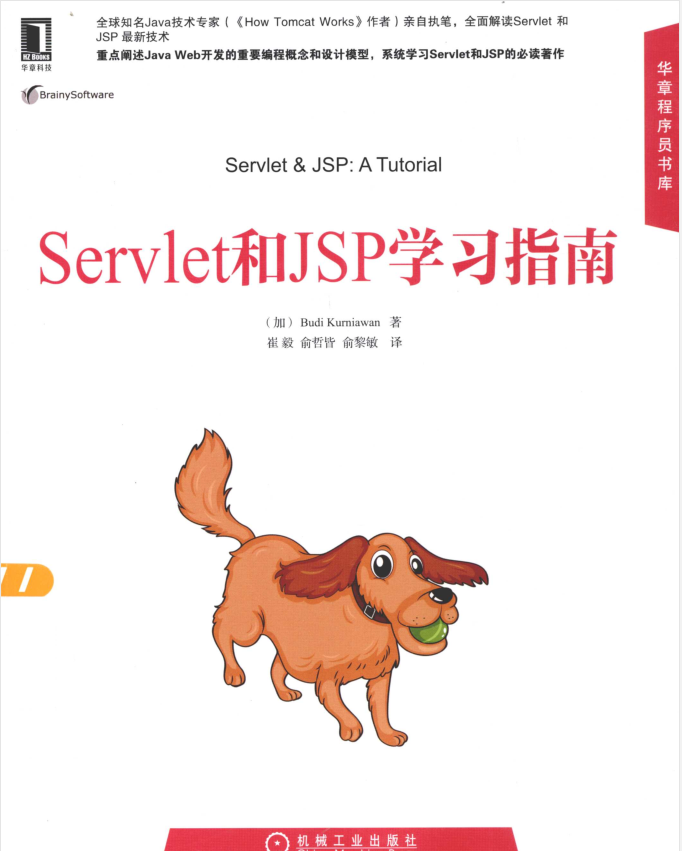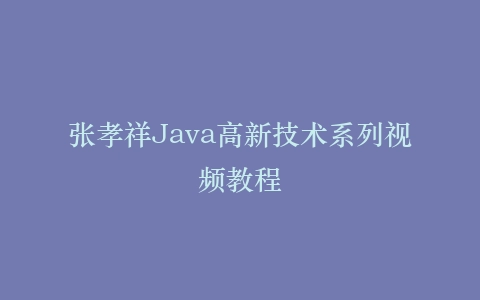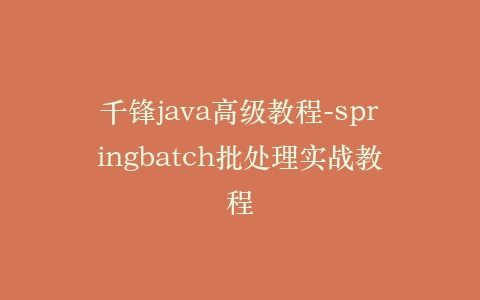
Java企业级应用安全架构设计及实现指南:从零构建安全防线
作为一名在Java企业级开发领域摸爬滚打多年的开发者,我深知安全架构设计的重要性。记得刚入行时参与的一个电商项目,因为缺乏完善的安全防护,上线不到一周就被SQL注入攻击,导致用户数据泄露。从那以后,我就把应用安全作为架构设计的首要考虑因素。今天,我将分享一套经过实战检验的Java企业级应用安全架构设计方案。
一、安全架构设计原则
在开始具体实现前,我们需要明确几个核心原则。首先是“纵深防御”,不要依赖单一安全措施;其次是“最小权限原则”,每个组件只拥有完成其功能所必需的最小权限;最后是“安全默认配置”,所有组件默认应该处于安全状态。
在实际项目中,我通常会采用分层安全架构:
- 网络层:防火墙、WAF防护
- 应用层:身份认证、授权、输入验证
- 数据层:加密、脱敏、访问控制
- 运维层:日志审计、监控告警
二、身份认证与授权实现
身份认证是安全架构的第一道防线。我推荐使用Spring Security + OAuth2的组合方案,这里分享一个基于JWT的实现示例:
@Configuration
@EnableWebSecurity
public class SecurityConfig extends WebSecurityConfigurerAdapter {
@Override
protected void configure(HttpSecurity http) throws Exception {
http.csrf().disable()
.authorizeRequests()
.antMatchers("/api/public/**").permitAll()
.antMatchers("/api/admin/**").hasRole("ADMIN")
.antMatchers("/api/user/**").hasAnyRole("USER", "ADMIN")
.anyRequest().authenticated()
.and()
.oauth2ResourceServer().jwt();
}
@Bean
public JwtDecoder jwtDecoder() {
return NimbusJwtDecoder.withJwkSetUri("https://auth.example.com/.well-known/jwks.json").build();
}
}
踩坑提示:记得配置合适的Token过期时间,生产环境建议access token设置为1-2小时,refresh token设置为7天。
三、输入验证与XSS防护
输入验证是防止注入攻击的关键。我习惯使用Bean Validation结合自定义验证器:
@RestController
public class UserController {
@PostMapping("/api/users")
public ResponseEntity createUser(@Valid @RequestBody UserCreateRequest request) {
// 业务逻辑
return ResponseEntity.ok().build();
}
}
public class UserCreateRequest {
@NotBlank(message = "用户名不能为空")
@Size(min = 3, max = 20, message = "用户名长度3-20位")
@Pattern(regexp = "^[a-zA-Z0-9_]+$", message = "用户名只能包含字母、数字和下划线")
private String username;
@Email(message = "邮箱格式不正确")
private String email;
// getter/setter省略
}
对于XSS防护,除了前端转义,后端也要做HTML转义处理:
public class XssUtils {
private static final HtmlEscaper HTML_ESCAPER = HtmlEscapers.htmlEscaper();
public static String escapeHtml(String input) {
if (input == null) return null;
return HTML_ESCAPER.escape(input);
}
}
四、SQL注入防护
使用MyBatis时,一定要用#{}而不是${},这是我用惨痛教训换来的经验:
五、敏感数据保护
对于密码等敏感信息,一定要使用强哈希算法。我推荐使用BCrypt:
@Service
public class PasswordService {
private final BCryptPasswordEncoder passwordEncoder = new BCryptPasswordEncoder(12);
public String encodePassword(String rawPassword) {
return passwordEncoder.encode(rawPassword);
}
public boolean matches(String rawPassword, String encodedPassword) {
return passwordEncoder.matches(rawPassword, encodedPassword);
}
}
对于数据库中的敏感字段,建议使用AES加密:
@Component
public class DataEncryptionService {
private static final String ALGORITHM = "AES/GCM/NoPadding";
private final SecretKey secretKey;
public String encrypt(String data) throws Exception {
Cipher cipher = Cipher.getInstance(ALGORITHM);
cipher.init(Cipher.ENCRYPT_MODE, secretKey);
byte[] encryptedData = cipher.doFinal(data.getBytes());
return Base64.getEncoder().encodeToString(encryptedData);
}
}
六、安全日志与监控
完善的安全日志是事后追溯的关键。我通常会记录以下事件:
@Aspect
@Component
@Slf4j
public class SecurityLogAspect {
@AfterReturning("execution(* com.example.controller.*.*(..))")
public void logAccess(JoinPoint joinPoint) {
String username = SecurityContextHolder.getContext().getAuthentication().getName();
String method = joinPoint.getSignature().getName();
log.info("用户 {} 访问了方法 {},时间:{}",
username, method, LocalDateTime.now());
}
@AfterThrowing(pointcut = "execution(* com.example.controller.*.*(..))",
throwing = "ex")
public void logException(JoinPoint joinPoint, Exception ex) {
log.error("方法 {} 执行异常:{}",
joinPoint.getSignature().getName(), ex.getMessage());
}
}
七、实战部署建议
在部署阶段,有几个关键配置需要注意:
# 禁用不安全的HTTP方法
curl -X OPTIONS http://yourapp.com
# 检查安全头信息
curl -I http://yourapp.com | grep -i security
# 使用HTTPS
server.ssl.enabled=true
server.ssl.key-store=classpath:keystore.p12
server.ssl.key-store-password=yourpassword
另外,建议定期进行安全扫描:
# 使用OWASP ZAP进行安全测试
docker run -v $(pwd):/zap/wrk/:rw -t owasp/zap2docker-stable zap-baseline.py
-t https://yourapp.com -g gen.conf -r testreport.html
八、持续安全维护
安全不是一次性的工作,而是持续的过程。我建议:
- 每月更新依赖库,修复已知漏洞
- 定期进行代码安全审查
- 建立安全事件响应机制
- 对开发团队进行安全意识培训
记得在一次安全审计中,我们发现了一个通过依赖传递引入的Fastjson漏洞,及时升级版本避免了潜在风险。这让我深刻认识到依赖管理的重要性。
安全架构设计是一个系统工程,需要我们在开发的每个环节都保持警惕。希望这篇指南能帮助你在Java企业级应用开发中构建坚实的安全防线。记住,最好的安全措施是预防,而不是补救。
2. 分享目的仅供大家学习和交流,您必须在下载后24小时内删除!
3. 不得使用于非法商业用途,不得违反国家法律。否则后果自负!
4. 本站提供的源码、模板、插件等等其他资源,都不包含技术服务请大家谅解!
5. 如有链接无法下载、失效或广告,请联系管理员处理!
6. 本站资源售价只是赞助,收取费用仅维持本站的日常运营所需!
源码库 » Java企业级应用安全架构设计及实现指南





